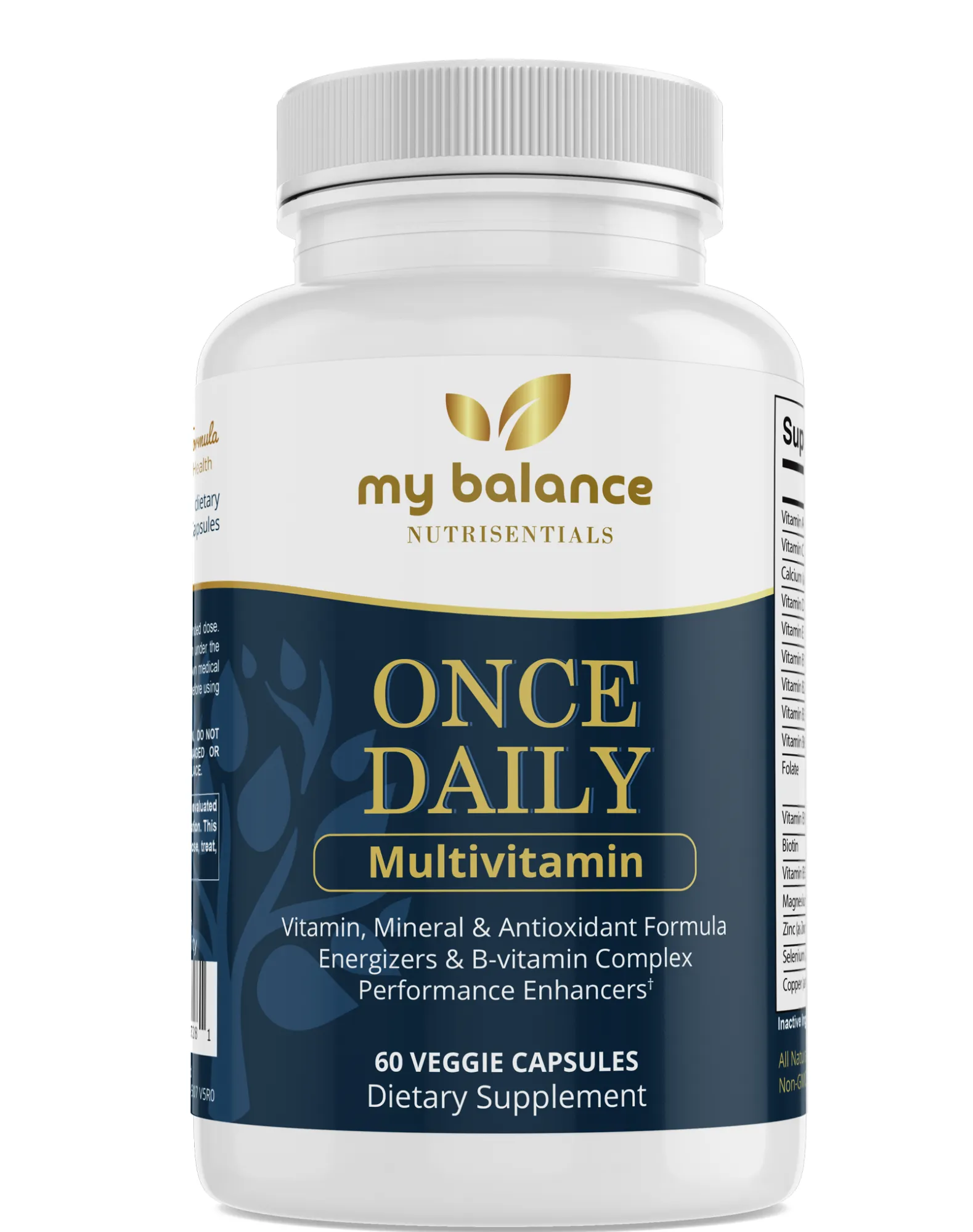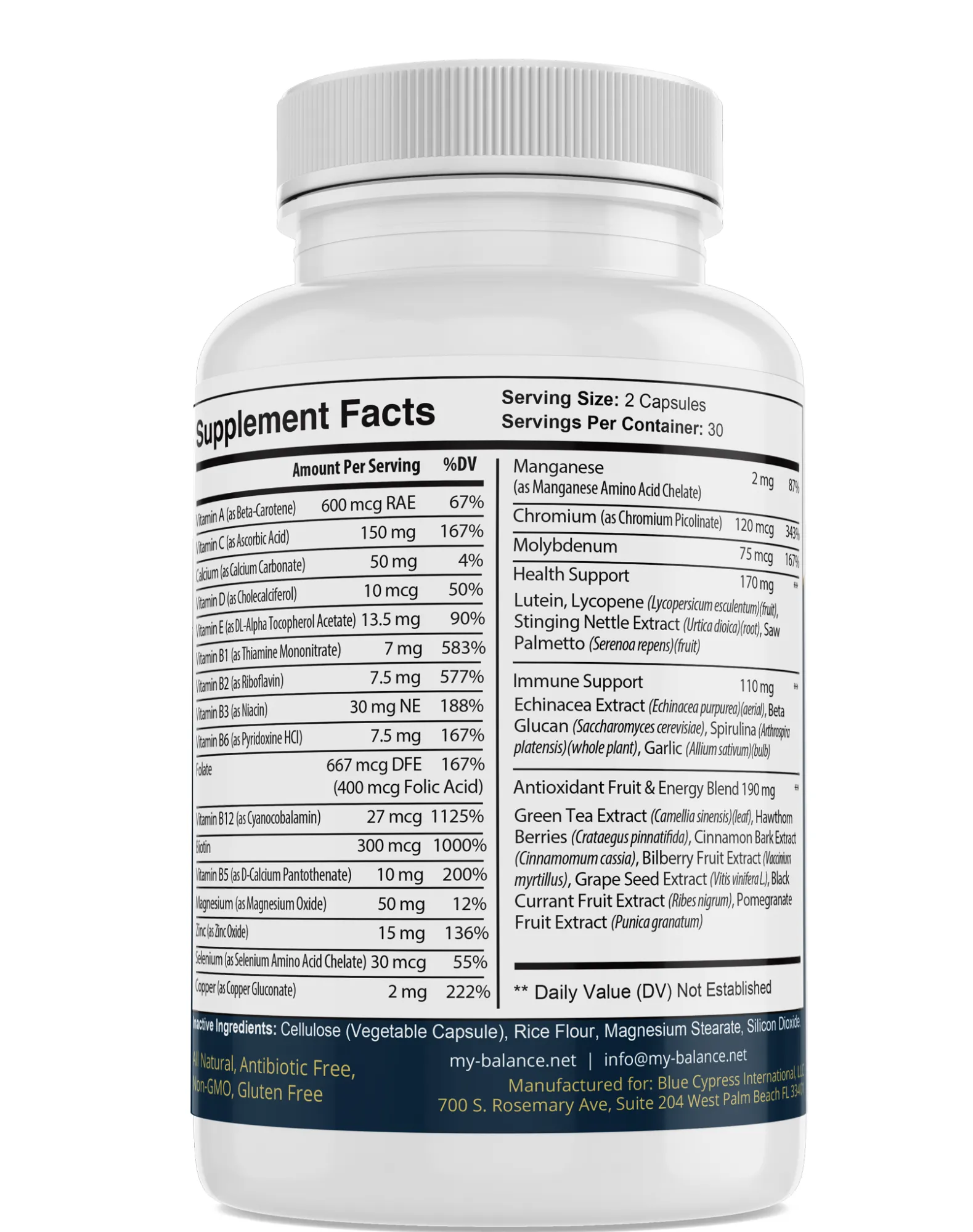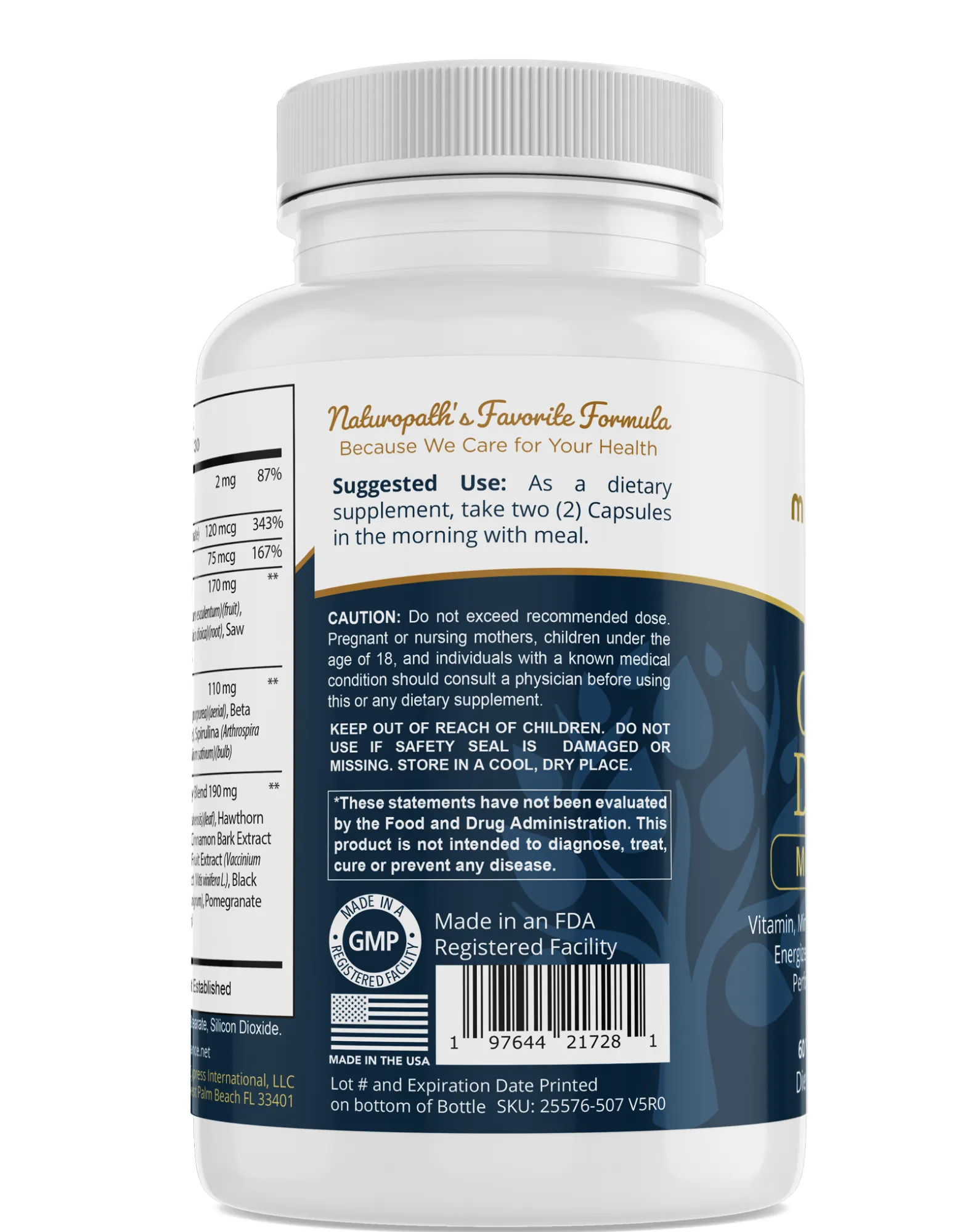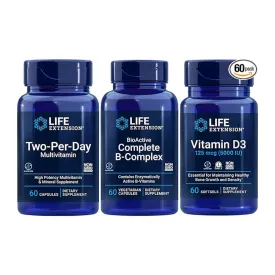**Understanding the Role of Vitamins and Minerals in Your Daily Nutrition**
Vitamins are crucial nutrients that help the body perform a variety of essential functions. There are 13 key vitamins, each with unique roles: Vitamins A, C, D, E, and K, along with the B vitamins, which include thiamine (B1), riboflavin (B2), niacin (B3), pantothenic acid (B5), biotin (B7), pyridoxine (B6), cobalamin (B12), and folate (B9).
Vitamins and minerals are considered essential nutrients because they collectively support numerous bodily processes. They contribute to bone health, assist in wound healing, and support the immune system. They also help convert food into energy and aid in cellular repair.
**Key Vitamins and Their Functions:**
- **Vitamin A**: This vitamin plays a significant role in maintaining healthy vision and supporting various bodily functions. It is involved in the growth and maintenance of tissues and is crucial for skin health.
- **Vitamin C**: Known for its role in collagen production, Vitamin C supports the health of skin, blood vessels, and bones. It also aids in iron absorption and acts as an antioxidant, helping to protect cells from damage.
- **Vitamin D**: This vitamin is essential for the proper mineralization of bones and teeth. It helps the body absorb calcium and phosphorus, which are critical for maintaining bone strength.
- **Vitamin E**: As an antioxidant, Vitamin E helps protect cells from oxidative stress. It supports skin health and plays a role in protecting cell membranes from damage.
- **Vitamin B1 (Thiamine)**: Thiamine is involved in the metabolism of carbohydrates and supports the function of enzymes that break down glucose for energy.
- **Vitamin B2 (Riboflavin)**: Riboflavin aids in the metabolism of fats, proteins, and carbohydrates. It is necessary for the growth and development of body cells and helps maintain healthy skin and eyes.
- **Vitamin B3 (Niacin)**: Niacin supports various bodily functions, including cellular metabolism. It also has antioxidant properties and can help maintain skin health.
- **Vitamin B5 (Pantothenic Acid)**: This vitamin is involved in the synthesis of coenzyme A, which is important for energy production and the metabolism of fats, proteins, and carbohydrates.
- **Vitamin B6 (Pyridoxine)**: Pyridoxine plays a role in amino acid metabolism and the production of neurotransmitters. It is essential for red blood cell production and overall metabolic function.
- **Vitamin B7 (Biotin)**: Biotin supports the metabolism of macronutrients, including carbohydrates, fats, and proteins. It is also involved in the synthesis of keratin, which is important for hair, skin, and nails.
- **Vitamin B9 (Folate)**: Folate is critical for DNA and RNA synthesis, red and white blood cell production, and the conversion of carbohydrates into energy. It is especially important during pregnancy for fetal development.
- **Vitamin B12 (Cobalamin)**: Vitamin B12 supports the health of the nervous system and is necessary for the production of red blood cells and DNA synthesis.
**Essential Minerals and Their Functions:**
- **Calcium**: Vital for strong bones and teeth, calcium also plays a role in muscle function and nerve signaling.
- **Magnesium**: This mineral supports numerous biochemical reactions, including energy production and protein synthesis. It is also involved in muscle and nerve function.
- **Zinc**: Zinc is important for immune function, wound healing, and DNA synthesis. It also supports cell division and growth.
- **Selenium**: Selenium acts as an antioxidant and is important for protecting cells from oxidative damage. It also supports thyroid function.
- **Copper**: Copper is involved in iron metabolism and supports the formation of red blood cells. It also contributes to the maintenance of connective tissues.
- **Manganese**: This mineral plays a role in bone formation, metabolism, and the antioxidant defense system.
- **Chromium**: Chromium supports normal glucose metabolism and plays a role in carbohydrate, fat, and protein metabolism.
- **Molybdenum**: Molybdenum is involved in the metabolism of sulfur-containing amino acids and helps support various enzymatic processes in the body.
Incorporating a balanced intake of these vitamins and minerals can support overall health and help maintain various bodily functions.
















